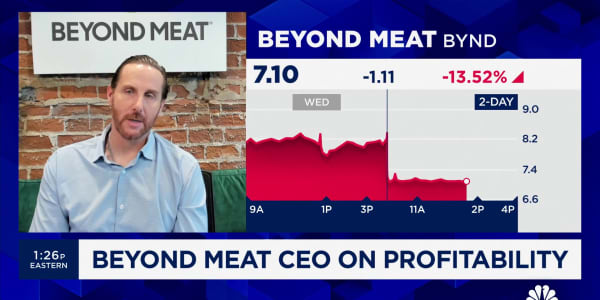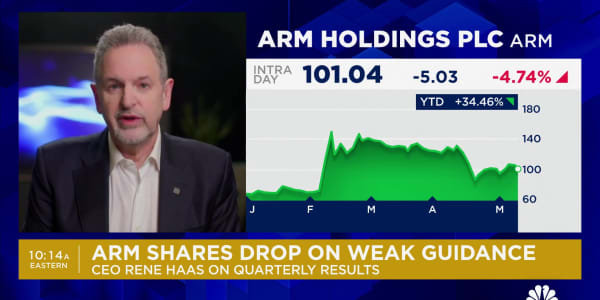This morning Julian Assange turned himself into authorities in London after a warrant for his arrest was issued. A judge reportedly refused to grant him bail—which means he will remain in custody until his trial.
WikiLeaks has indicated that it will continue to operate as usual, despite the arrest of its founder.
What’s far more troubling than the arrest of Assange—which arises from very weird allegations that seems to involve sexual encounters with two women—is what appears to be a covert war against WikiLeaks.
In the course of a very short timespan, WikiLeaks lost access to Amazon, Paypal, Visa and Mastercard. Its account with a Swedish bank was frozen. In short, its access to financial transactions—including donations from outside supporters—that it uses to finance its operations is being shut down.
We do not know for certain what caused all these companies to turn against WikiLeaks all at once. But it is certainly suspicious and dangerous. Regardless of whether the government brought pressure to bear on these companies—something widely suspected—the closing off of WikiLeaks access to the financial system is unbecoming for parts of the globe that once fancied themselves “The Free World.”
I know there will be those of you who say that a private company should be free to close itself off from doing business with anyone it likes. And that the market can be counted on to step in to provide alternatives when private companies act politically.
But it’s a mistake to ignore the effect of this. It makes it appear as if the Free World is rapidly becoming a Closed World, in which dissenters are hounded out of public life. It only makes matters worse that it is possible that this is all happening without actual government pressure—that private actors are lining up to do the bidding of the government.
I’m actually not a fundamentalist for the idea of an open society. Not all questions need be open questions in the United States. It is perfectly acceptable for the people to rule certain questions—such as whether or not we should adopt communism or live under Sharia—out of bounds.
But those decisions are best effected not through behind the scenes pressure by government or even group-think on the part of major financial companies. They should come from the American people acting through their own individual decisions, or from the way we organize our local communities, or from the open activities of the government through constitutional means.
Clay Shirky strikes all the important notes here:
"The Unites States is — or should be — subject to the rule of law, which makes the extra-judicial pursuit of Wikileaks especially nauseating. (Calls for Julian’s assassination are even more nauseating.) It may be that what Julian has done is a crime. (I know him casually, but not well enough to vouch for his motivations, nor am I a lawyer.) In that case, the right answer is to bring the case to a trial.
In the US, however, the government has a “heavy burden,” in the words of the Supreme Court, for engaging in prior restraint of even secret documents, an established principle since New York Times Co. vs. The United States*, when the Times published the Pentagon Papers. If we want a different answer for Wikileaks, we need a different legal framework first.
Though I don’t like Senator Joseph Lieberman’s proposed SHIELD law (Securing Human Intelligence and Enforcing Lawful Dissemination*), I do like the fact that it is a law, and not an extra-legal avenue (of which Senator Lieberman is also guilty.*) I also like the fact that the SHIELD Law makes it clear what’s at stake: the law proposes new restraints on publishers, and would apply to the New York Times and The Guardian as it well as to Wikileaks. (As Matthew Ingram points out, “Like it or not, Wikileaks is a media entity.”*) SHIELD amounts to an attempt to reverse parts of New York Times Co. vs. The United States.
I don’t think such a law should pass. I think the current laws, which criminalize the leaking of secrets but not the publishing of leaks, strike the right balance. However, as a citizen of a democracy, I’m willing to be voted down, and I’m willing to see other democratically proposed restrictions on Wikileaks put in place. It may even be that whatever checks and balances do get put in place by the democratic process make anything like Wikileaks impossible to sustain in the future.
The key, though, is that democracies have a process for creating such restrictions, and as a citizen it sickens me to see the US trying to take shortcuts. The leaders of Myanmar and Belarus, or Thailand and Russia, can now rightly say to us “You went after Wikileaks’ domain name, their hosting provider, and even denied your citizens the ability to register protest through donations, all without a warrant and all targeting overseas entities, simply because you decided you don’t like the site. If that’s the way governments get to behave, we can live with that.”
The government has a responsibility here. If it is not encouraging private financial companies to shut down WikiLeaks access to funding, it should publicly explain this. If it is encouraging them, it should do so out in the open.
The truth is that right now no charges—civil or criminal—have been leveled against WikiLeaks. No new laws have been passed to outlaw WikiLeaks activities. The legal means by which the government may act against WikiLeaks either do not exist or have not been employed.
It strikes me that it is very possible WikiLeaks has violated some counter-espionage law or another. But those laws—especially if they involve ‘prior restraint’ bars against publishing classified materials—are probably unconstitutional. What’s more, it’s hard to think of a way to charge WikiLeaks without charging, say, the New York Times—which colluded with WikiLeaks to publish the stolen documents.
The war against WikiLeaks will undermine our moral authority in the world—doing far more damage to our diplomacy than anything revealed in the leaked cables. Countries such as China or Iran will be able to point to the attempt to silence WikiLeaks as evidence that our positions in favor of press freedom are hypocrisy. Anything that undermines our global reputation as a beacon of freedom is objectively anti-American.
Make no mistake. Julian Assange is an enemy of the American government. He would like America to have less power in the world. That’s one of the reasons he is trying to make it more difficult for our diplomats to communicate their views candidly.
But by cracking down on WikiLeaks we risk giving credibility to his charge that America’s professions of allegiance to liberty are simply a cover story for a conspiracy to gain global power. If companies such as Visa, Mastercard, Amazon, and Paypal want to act politically on America’s behalf—they should insist that doing business with this enemy of the United States is a small price to pay for our freedom.






